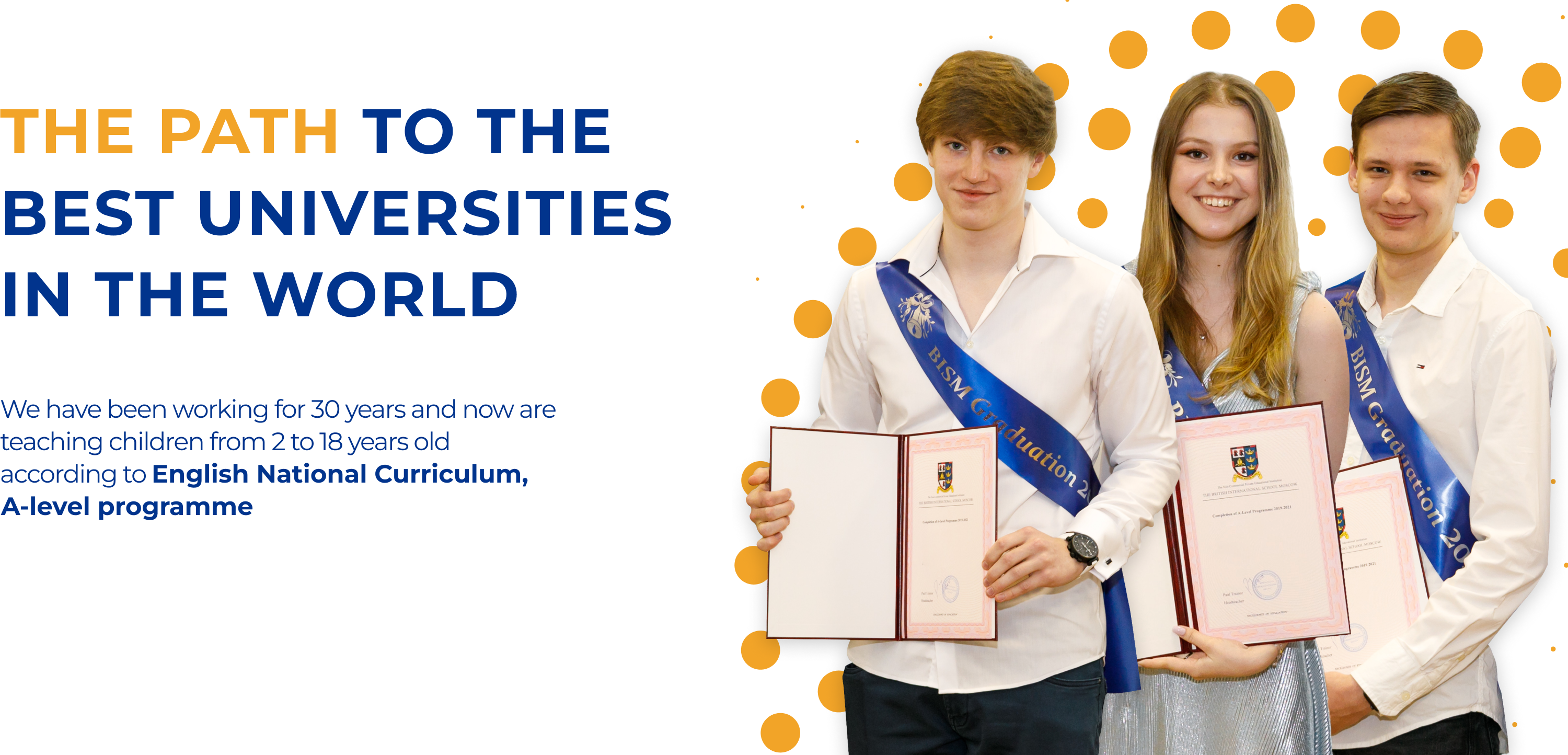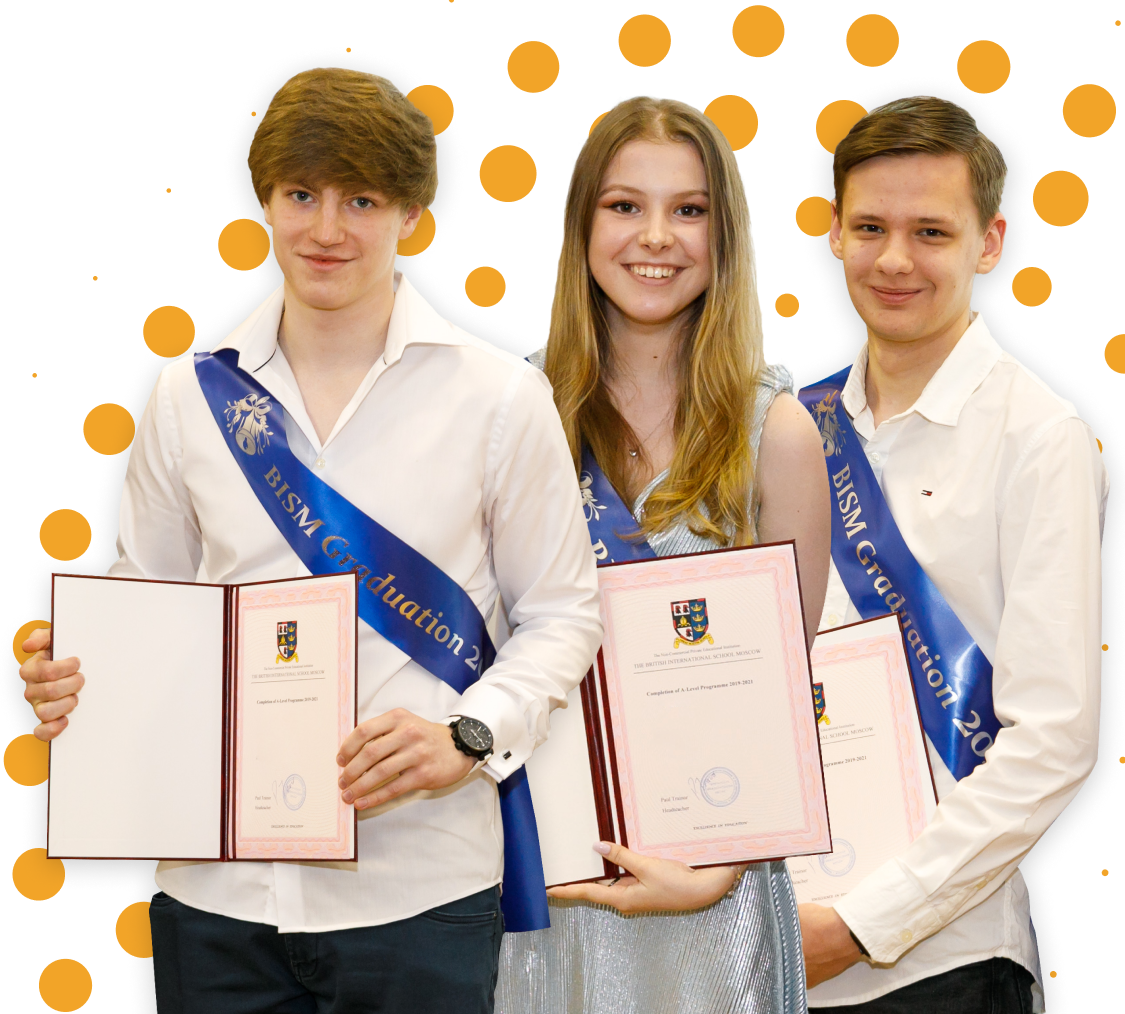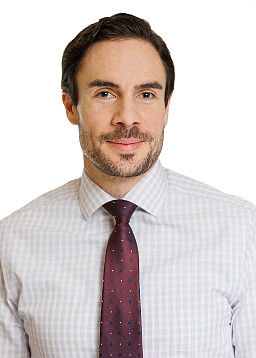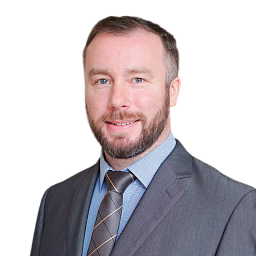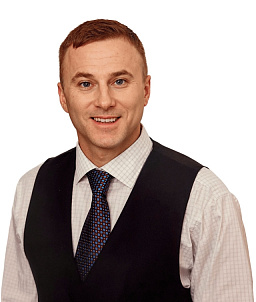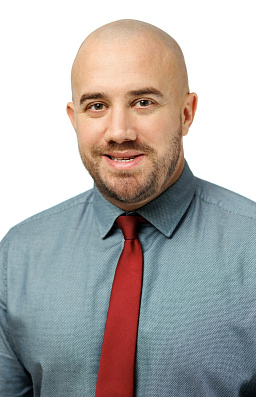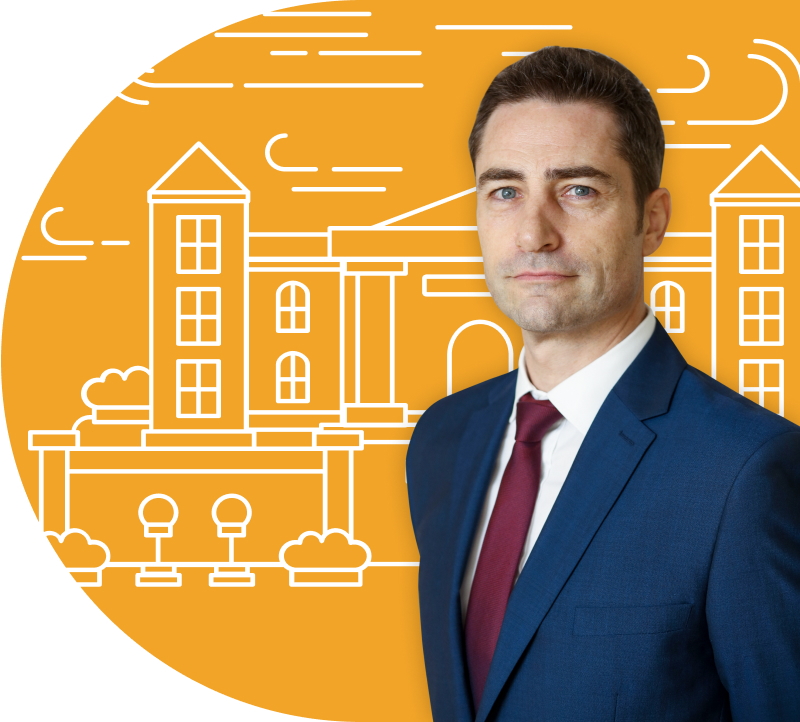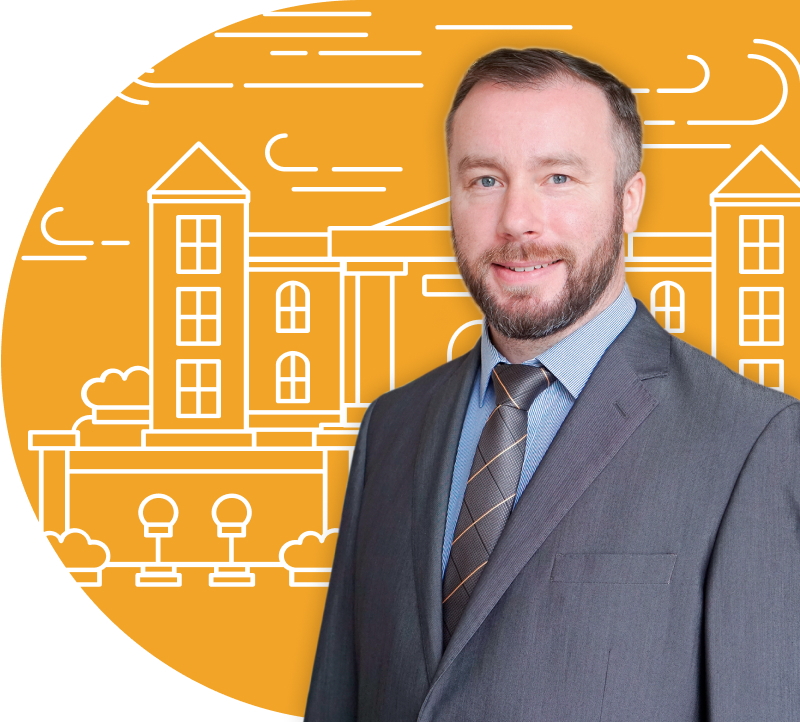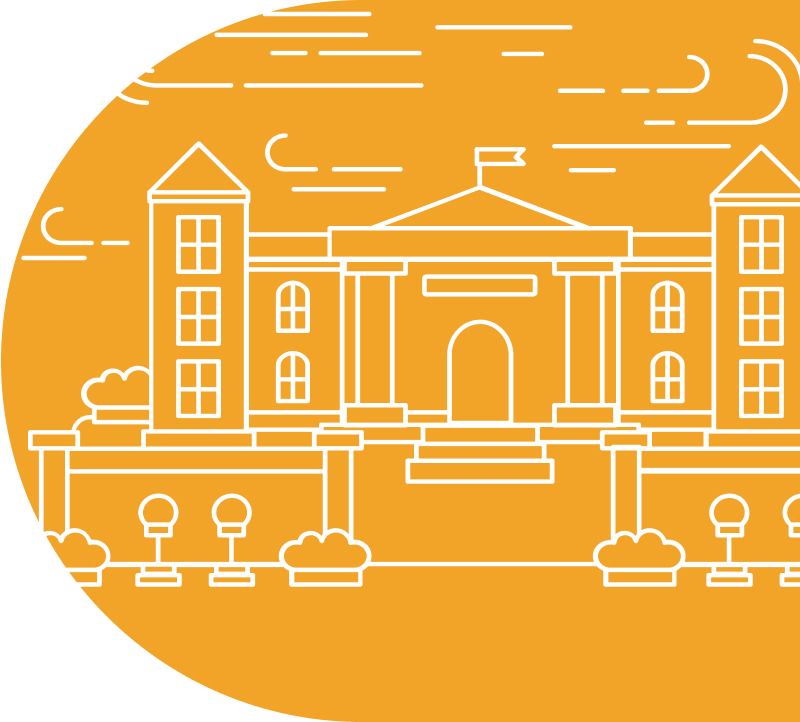INTERNATIONAL PROGRAMME
The British International School follows the English National Curriculum. The British educational system provides a solid academic foundation and great preparation for further study and adult life.
The International Programme covers all the key stages from Reception (at 2-5 years old) through to Secondary school (at 16 years old). It is designed to provide students with a varied and coherent education and personal development.
In the best traditions of the British system, we instil in children a love of research and inquiry. They participate actively in classroom discussions and focus on creative tasks and projects.
On completion of the English National Curriculum, students can continue their education in the A-level pre-university course.
The international programme is taught by highly qualified teachers from the UK and other English-speaking countries who have a wealth of experience in preparing students for examinations and successful entry to leading universities around the world.
The International Programme covers all the key stages from Reception (at 2-5 years old) through to Secondary school (at 16 years old). It is designed to provide students with a varied and coherent education and personal development.
In the best traditions of the British system, we instil in children a love of research and inquiry. They participate actively in classroom discussions and focus on creative tasks and projects.
On completion of the English National Curriculum, students can continue their education in the A-level pre-university course.
The international programme is taught by highly qualified teachers from the UK and other English-speaking countries who have a wealth of experience in preparing students for examinations and successful entry to leading universities around the world.
OUR TEAM
OUR ADVANTAGES
1
Classes, communication and extracurricular activities are all in English, ensuring full immersion in the language environment
2
Class teachers who create an individual development plan for a child and maintain regular contact with parents are part of our educational programme
3
The school offers English as a Second Language (EAL), specially designed to meet the individual needs of students
4
For children 2-5 years old, we offer a two-year Foundation Stage programme to prepare them for Year 1. Children study the English National Curriculum in Key Stage 1 from the age of 5
5
For younger students (5-11 years old), it is possible to choose the convenient option of staying in school until 15:30 or 19:00 (with an after-school programme)
6
There is the pre-university A-Level programme for 16-18-year-olds. The successful completion of this programme is a "ticket" to top-tier universities all over the world without having to take entrance examinations
7
A wide range of extracurricular activities: excursions, field trips, school concerts, fairs, House System, School Council and Head students, debates and holidays
8
A full range of services including freshly prepared meals, a large selection of creative and sports clubs, school transfer, speech and language therapy classes, summer school and much more
STAGES OF THE EDUCATIONAL PROGRAMME
Foundation stage and primary school
Foundation Stage
2-5 years
2-5 years
- Nursery
- Reception
- The children are immersed in an English-speaking environment, which helps them with their initial language learning. The teaching methods are based on key EYFS principles: each child is unique in their development, and we take this into account in all aspects of learning.
- Teaching takes place in small groups where children can socialise comfortably, learn to help each other and actively explore the world around them through interactive materials and visualisation.
- The two-year EYFS programme introduces children to the core school subjects of language, mathematics, the world around them, art and design through games.
Primary school
Key stage 1
5-7 years
5-7 years
- Year 1
- Year 2
- Key Stage 1 is the first stage of primary school for children 5-6 years old. The International Programme covers all the compulsory subjects of the National Curriculum in England: English, Mathematics, Science, History, Geography, Information and Communications Technology, Languages, Physical Education, Art and Design, Music, Design and Technology.
- There is a strong emphasis on outdoor plays, trips and creativity.
- At the end of Key Stage 1 (in Year 7), students take the National Standard Assessment Tests (SATs) in English and Mathematics.
Key Stage 2
7-11 years
7-11 years
- Year 3
- Year 4
- Year 5
- Year 6
- In Key Stage 2, children continue to study the 12 compulsory subjects of the English National Curriculum: English, Science, Social Studies, Mathematics and other subjects.
- They take part in team projects on topics relevant to everyday life.
- At the end of Stage 2 (age 11), students take the Standard Assessment Tests (SATs) in English and Mathematics.
Secondary school
Key Stage 3
11-14 years
11-14 years
- Year 7
- Year 8
- Year 9
- In Years 7-9 of Key Stage 3, children study Mathematics, Science, Geography, History, Art, Information and Communications Technology. The English and Russian languages are compulsory while the French, German and Spanish are optional.
- Teaching emphasises the development of character and ethics. Students are taught how to build effective relationships in the classroom, public speaking and debating, which helps to develop confidence and communication skills.
- Physical education plays an important role and is a compulsory part of the curriculum. It helps children to develop through sport and to improve their physical skills.
Secondary school
Key Stage 4
14-16 years
14-16 years
- Year 10
- Year 11
- For children 14-16 years old, we offer an IGCSE programme. Completion of this stage leads to a certificate of secondary education award, which is the world’s most popular and recognised international qualification.
- Year 10 and 11 programmes are the final stage of compulsory general education in schools in the UK.
SECONDARY SCHOOL
Pre-University
16-18 years
16-18 years
- Year 12
- Year 13
At the end of Secondary School, students can take internal or external IGCSE exams to demonstrate their knowledge and continue their education at our school by enrolling in a pre-university course. We offer an internationally recognised A-Level programme:
A-level Programme
The A-level programme is considered to be the “gold standard” of pre-university courses in the UK system.
A-LEVEL
It suits you, if:
- You have decided on your future profession
- You want to focus on multiple subjects
- You are interested in applying to universities in the UK and other Commonwealth countries
The student chooses from 3 to 4 subjects. You can choose to study Mathematics, Biology, Geography, Economics, Chemistry, Physics and other subjects
Selected subjects are assessed based on the results of the final exams at the end of the second year
As a result of exams, each subject is graded
from A to E
A — the highest score, а E — the lowest score
A* is given to students with the highest academic achievement
from A to E
A — the highest score, а E — the lowest score
A* is given to students with the highest academic achievement
A-level score in 2023:


OUR GRADUATES
ENTER THE
TOP-20 UNIVERSITIES IN THE WORLD
TOP-20 UNIVERSITIES IN THE WORLD


OUR GRADUATES
ENTER THE
TOP-20 UNIVERSITIES IN THE WORLD
TOP-20 UNIVERSITIES IN THE WORLD
- Oxford University
- Cambridge University
- University College London
- Princeton University
- University of Pennsylvania
Our schools
International Programme Calendar Plan - Primary
Autumn Term
(first academic term)
2025/2026
(first academic term)
2025/2026
1 September
First day of Term One
Monday
First day of Term One
Monday
17 October
School closes
for half Term
Friday
School closes
for half Term
Friday
27 October
School re-opens
Monday
School re-opens
Monday
19 December
Last day of Term One
Friday
Last day of Term One
Friday
Spring Term
(second academic term)
2025/2026
(second academic term)
2025/2026
12 January
First day of Term Two
Monday
First day of Term Two
Monday
13 February
School closes
for half Term
Friday
School closes
for half Term
Friday
24 February
School re-opens
Tuesday
School re-opens
Tuesday
27 March
Last day of Term Two
Friday
Last day of Term Two
Friday
Summer Term
(third academic term)
2025/2026
(third academic term)
2025/2026
6 April
First day of Term Three
Monday
First day of Term Three
Monday
8 May
School closes
for half Term
Friday
School closes
for half Term
Friday
18 May
School re-opens
Monday
School re-opens
Monday
3 July
Last day of Term Three
Friday
Last day of Term Three
Friday
International Programme Calendar Plan - Secondary
Autumn Term
(first academic term)
2025/2026
(first academic term)
2025/2026
1 September
First day of Term One
Monday
First day of Term One
Monday
17 October
School closes
for half Term
Friday
School closes
for half Term
Friday
27 October
School re-opens
Monday
School re-opens
Monday
19 December
Last day of Term One
Friday
Last day of Term One
Friday
Spring Term
(second academic term)
2025/2026
(second academic term)
2025/2026
12 January
First day of Term Two
Monday
First day of Term Two
Monday
13 February
School closes
for half Term
Friday
School closes
for half Term
Friday
24 February
School re-opens
Tuesday
School re-opens
Tuesday
3 April
Last day of Term Two
Friday
Last day of Term Two
Friday
Summer Term
(third academic term)
2025/2026
(third academic term)
2025/2026
13 April
First day of Term Three
Monday
First day of Term Three
Monday
8 May
School closes
for half Term
Friday
School closes
for half Term
Friday
18 May
School re-opens
Monday
School re-opens
Monday
3 July
Last day of Term Three
Friday
Last day of Term Three
Friday
Are you interested
in studying at a foreign university?
in studying at a foreign university?
Every year our students successfully pass the A‑level exams, which gives them the opportunity to continue their education abroad
